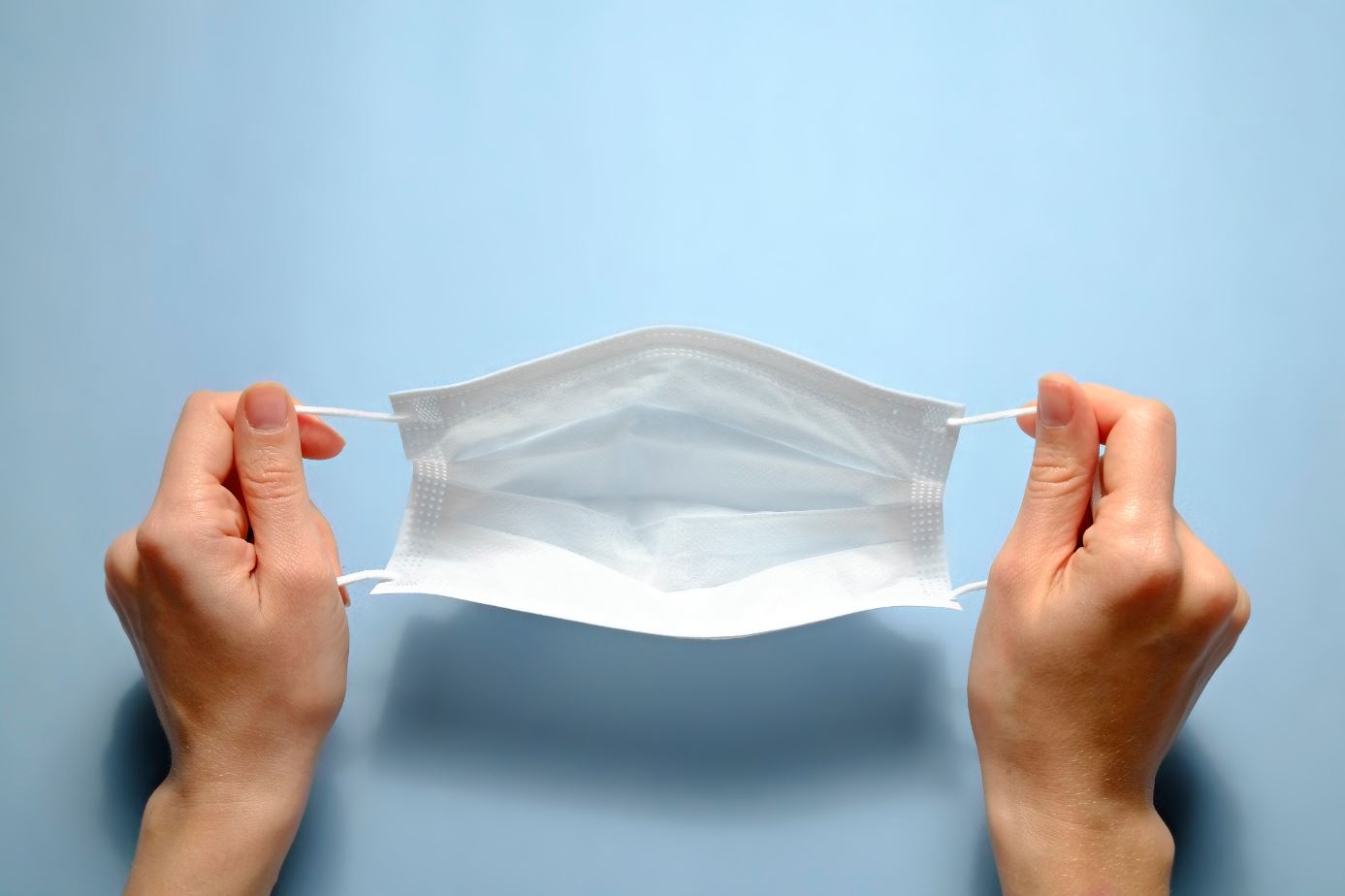The new 5 yearly cervical screening test- the key facts
The new 5 yearly cervical screening test for Australian women aged 25 to 74 arrived in recent years, replacing the previous 2 yearly pap smear test. But what does this mean for you? What if you’re under 25? And is this new test better than the old one? Here are the key facts:
What is the new cervical screening test?
- The cervical screening test is a new test offered to Australian women aged 25 to 74
- It is carried out the same way as a standard pap smear- the doctor inserts a speculum into the vagina and takes a sample of cells from the cervix with a brush.
- However, the new cervical screening test checks the cervix for HPV (human papilloma virus).
- HPV is by far the most common cause of cervical cancer.
- The old pap smear used to check a woman’s cervical cells for changes, but did not routinely check for the presence of HPV.
- If HPV is detected, women will get appropriate follow up to make sure they don’t get cervical cancer.
Who should have a cervical screening test?
- It’s recommended for all Australian women aged 25 to 74, who have ever been sexually active- even if it’s been quite a few years ago.
- It is still recommended for women who have had the HPV vaccine, as the vaccine does not give 100% protection.
- Women who have sex with women should also get tested.
- It’s not needed if your cervix has been removed as part of a hysterectomy.
5 years! Isn’t that a long time between tests?
- The new cervical screening test is more accurate than the old pap smear- it checks for HPV, the virus that can cause cervical cancer.
- It usually takes 10 years or more for HPV to cause cancer- therefore 5 yearly screening offers lots of time to catch it, and there is no need to test every 2 years.
When should I have my first cervical screening test?
- If you’re 25 or older and have ever been sexually active, your first cervical screening test in the new system should be done 2 years after your last regular pap smear. If this cervical screening test is normal, you may be able to wait 5 years before your next screening test.
- The new test is recommended from 25 to 74 years of age.
- If you’re younger than 25, you may need to wait till you turn 25, unless you’ve had an abnormal pap smear in the past, in which case you should stick to the follow up that your doctor has advised.
Why does the new cervical screening test start at 25, and not 18 as it used to?
Research shows that it’s safe to start cervical screening at 25 years. There are a few reasons for this.
- Most women and men under 25 in Australia have had the HPV vaccine
- Women under 25 who do get HPV infection tend to clear it quickly without treatment in any case, as their immune systems are generally strong and healthy.
- Cervical cancer under the age of 25 is very rare. And it’s been shown that the previous standard pap smear test was not actually effective at reducing the rate of cervical cancer in this age group.
If I’m under 25 and I’ve already started to have pap smears what do I do now?
- If you’re under 25 and have previously had a pap smear which was normal, but are not yet eligible for the new cervical screening program because you’re still under 25, you will get a letter from the National Cervical Screening Program in 2018 advising you what to do.
- However, if you’re under 25 and have had an abnormal pap smear in the past, then it’s very important that you continue to follow your doctor or gynaecologist’s advice.


What do the results mean?
- Return to screen in five years – this mean your test was normal
- Return to screen in 12 months – this means you have HPV infection, however it is likely to be cleared naturally by your body within a year. If the repeat test at 12 months is normal, you will be advised to return to five yearly screening. If the repeat test shows you still have HPV infection, you may need further tests.
- Unsatisfactory test – this just means the sample couldn’t be read, and you’ll need to have the test repeated in the coming 2-3 months.
- Referral to specialist – this will be advised if you have certain types of HPV or if abnormal cells are detected. You are likely to have a colposcopy, which is a test that allows a gynaecologist to examine the cervix in more detail. If the colposcopy shows any changes of concern, you may need laser treatment to remove any abnormal cells, and to prevent cervical cancer.
And some more important advice
- It’s important to understand that if you test positive for HPV at any point, it does NOT mean you have cervical cancer. But you may be at increased risk- and that’s why you’ll be asked to follow up with your doctor or specialist.
- And remember- if at any point you have unexpected vaginal bleeding, abnormal vaginal discharge, pelvic pain or pain during sex, you should speak to your doctor as soon as possible- there are a number of serious conditions that will need to be ruled out.
If you’re confused about the new cervical screening test or about a test result you have received, speak to your doctor. You can also find more useful information from the Australian cervical screening website
Testicular Torsion- how to spot this serious condition
What is Testicular Torsion? Testicular torsion refers to the twisting of a testicle and the spermatic cord attached to it, inside the scrotum. If prolonged and untreated, the twisting rapidly affects the [...]
Psoriasis
Managing Psoriasis What is Psoriasis? Psoriasis is a chronic (long term) skin condition that causes areas of the skin to become thickened, red, and scaly (described as "plaques"). It [...]
Mastalgia- what causes breast pain?
The causes of breast pain Breast pain refers to any area or areas of tenderness, discomfort or pain in one or both breasts. It can occur for a variety [...]
Phimosis- causes and treatment of a tight foreskin
What is Phimosis? What is Phimosis? Phimosis is the medical word that describes a tight foreskin that cannot be pulled back past the head of the penis (glans). This [...]
Common cold or Coronavirus? How can you tell the difference?
Symptoms of Coronavirus or Common Cold? Unfortunately it is difficult to tell the difference between symptoms of Coronavirus and a common cold. A lab test is the only way [...]
How to get rid of hay fever
How to get rid of hay fever Hay fever is one of the most common reasons for people to attend their doctor in Spring and Summer, as pollen levels [...]








